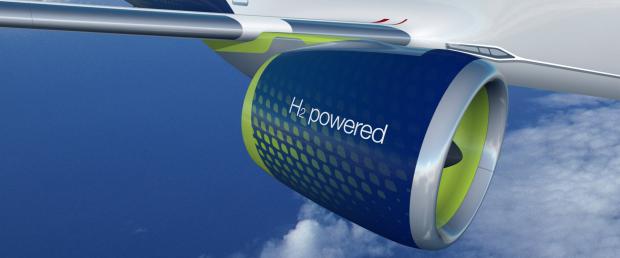
Breaking News
 Charlie's Killer Was MKUltra'd?
Charlie's Killer Was MKUltra'd?
 Doctors are finally admitting that biopsies Spread Cancer…
Doctors are finally admitting that biopsies Spread Cancer…
 We MUST keep talking about this, demand Voter ID. Joe Rogan and Elon Musk on Fraud
We MUST keep talking about this, demand Voter ID. Joe Rogan and Elon Musk on Fraud
 Nick Shirley exposes there are 1,200 medical transport companies in Minnesota.
Nick Shirley exposes there are 1,200 medical transport companies in Minnesota.
Top Tech News
 The First Production All-Solid-State Battery Is Here, And It Promises 5-Minute Charging
The First Production All-Solid-State Battery Is Here, And It Promises 5-Minute Charging
 See inside the tech-topia cities billionaires are betting big on developing...
See inside the tech-topia cities billionaires are betting big on developing...
 Storage doesn't get much cheaper than this
Storage doesn't get much cheaper than this
 Laser weapons go mobile on US Army small vehicles
Laser weapons go mobile on US Army small vehicles
 EngineAI T800: Born to Disrupt! #EngineAI #robotics #newtechnology #newproduct
EngineAI T800: Born to Disrupt! #EngineAI #robotics #newtechnology #newproduct
 This Silicon Anode Breakthrough Could Mark A Turning Point For EV Batteries [Update]
This Silicon Anode Breakthrough Could Mark A Turning Point For EV Batteries [Update]
 Travel gadget promises to dry and iron your clothes – totally hands-free
Travel gadget promises to dry and iron your clothes – totally hands-free
 Perfect Aircrete, Kitchen Ingredients.
Perfect Aircrete, Kitchen Ingredients.
 Futuristic pixel-raising display lets you feel what's onscreen
Futuristic pixel-raising display lets you feel what's onscreen
 Cutting-Edge Facility Generates Pure Water and Hydrogen Fuel from Seawater for Mere Pennies
Cutting-Edge Facility Generates Pure Water and Hydrogen Fuel from Seawater for Mere Pennies
6 Hydrogen-Powered Aircraft That Are Hitting the Skies Soon, From a Flying Car to a Private Jet

Hydrogen propulsion aviation is evolving faster than expected. H2eVTOLs, as they're known, have significant potential in an increasingly climate-conscious and cost-conscious society. Most of the news has been about pure electric Vertical Takeoff and Landing (eVTOL) aircraft that operate by battery power and electric motors. H2eVTOLs, by contrast, have hydrogen fuel cells that power electric motors, and in the odd case, run on liquid hydrogen.
"Hydrogen packs three times the energy per kilogram as jet fuel, emits no carbon emissions, and can be sourced from water," says Danielle McLean, founder of HYSKY Society, a nonprofit dedicated to advancing hydrogen aviation. McLean notes that hydrogen has been used to power rockets for decades.
But for business aviation and Urban Air Mobility, hydrogen is in its infancy. Less than a dozen aircraft start-ups are using either fuel cells or liquid hydrogen as the main power for fixed-wing aircraft or rotorcraft, and most are still trying to work out the concepts, or at best, flying a scaled-down prototype.
There is virtually no hydrogen infrastructure in airports, and concerns remain about safety with hydrogen's reputation for flammability. Industry watchdogs such as Germany's Federal Institute for Materials Research and Testing recently reported that hydrogen aircraft are "no more dangerous than conventional ones—safer in some respects." Whether that reputation catches on remains to be seen.
Some experts also argue that the extraction, transportation, and storage infrastructure for hydrogen are simply too expensive to justify at the moment. But proponents, including the world's largest aircraft manufacturer Airbus, are fiercely loyal to the advantages they see with hydrogen in the long term. Airbus expects to have hydrogen-powered commercial regional jets flying in the next 10 years. However hydrogen flight develops, it's clear it has the potential to be instrumental role in decarbonizing aviation.



